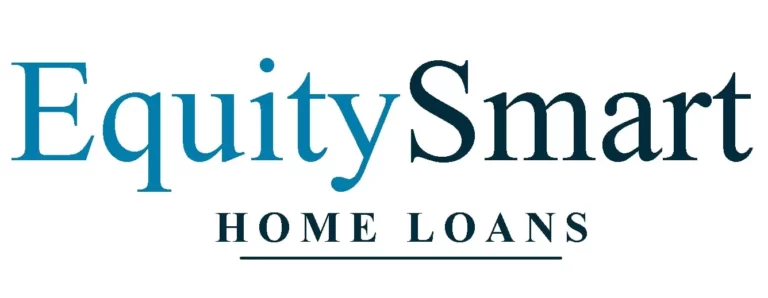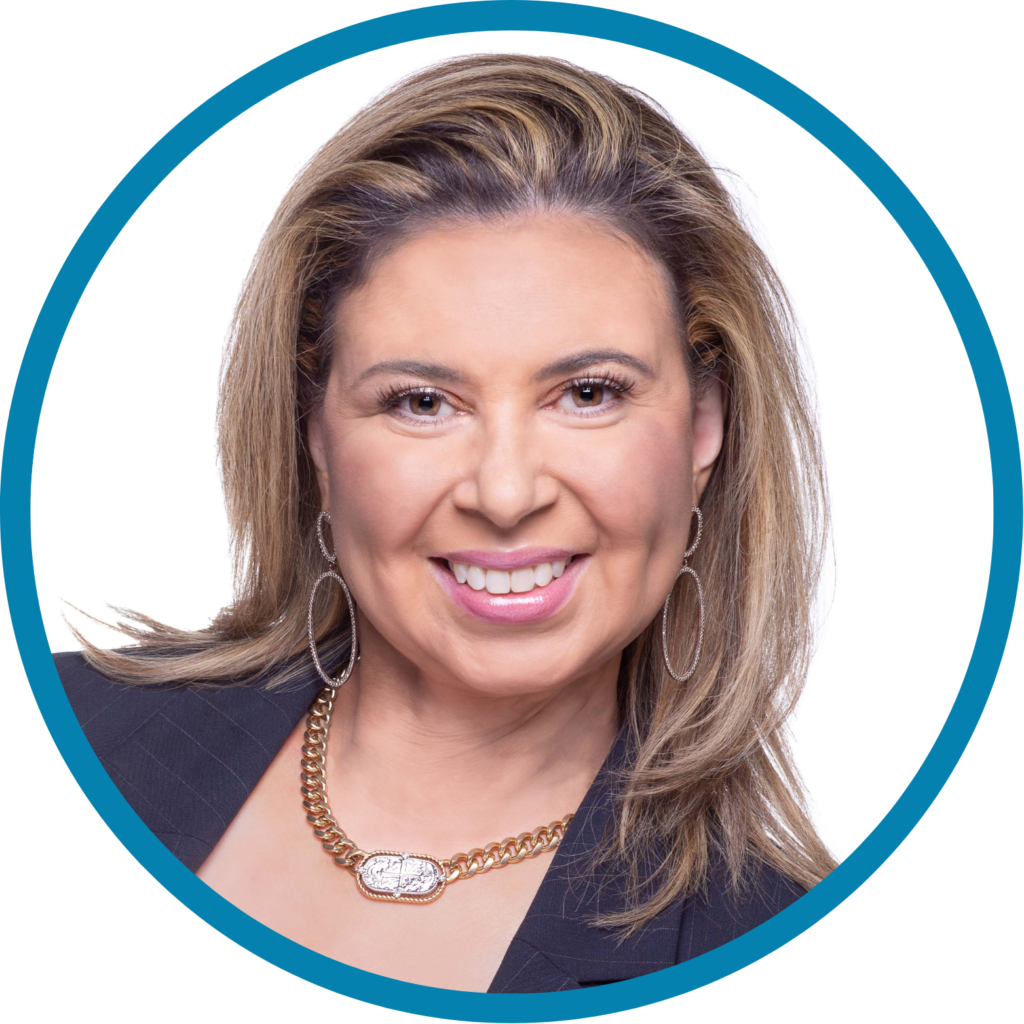
Contact Information
Description
License# CA-DFPI1309062
Your Mortgage Advising Partner| Transforming Your Real Estate Goals Into A Reality
I'm Julie Barros, your dedicated financial partner at Julie Barros Powered By Equity Smart Home Loans. With a wealth of 20 years of combined experience in the lending, real estate, F500 corporate finance, and financial services industries, I am here to serve your best financial interests and committed to helping you achieve your residential and commercial real estate goals.
My passion for helping individuals and businesses secure the best possible loan solutions has driven me to excel in helping others achieve their financial goals. I hold a Bachelor's of Science degree in Business Administration / Finance from San Jose State University, and continue to stay updated with the latest market, economic trends, and lending practices.
Whether you're looking to purchase your dream home, rental property, or invest in a promising commercial property, I'm here to guide you through every step of the process.
Services Offered:
Here is a list of some, but not limited to, mortgage loan products I offer my clients:
Commerical Real Estate Loans: 5 Unit buildings or greater, up to $200MM.
Residential Loans: Purchases and Refinances
VA Loans:
My Veterans Program – Veterans can earn Up to $1,000 towards purchase loan closing costs as my way of personally appreciating your service to our country.
VA loans give you a great advantage for securing financing for a home. With no money down on properties up to $417,000 among one of its biggest benefits, you cannot go wrong with this loan if you qualify. Those who are serving or have served in the military including the Army, Navy, Air Force, Marines, Reserves and National Guardsmen are eligible to take advantage of this program. If you are a Disabled Veteran, you may qualify for additional benefits on a VA home mortgage loan.
Non QM Loans:
Non-Qualified Mortgage with Debt-to-Income (DTI) Ratios above 43%: QM loans generally have a maximum DTI ratio of 43%, but non-QM loans can accommodate higher DTI ratios for borrowers with unique circumstances.
Bank Statement Loans:
Designed for self-employed borrowers, these loans use bank statements to verify income rather than traditional tax returns and pay stubs.
Stated Income/Stated Asset (SISA) Loans:
Borrowers state their income and assets without providing full documentation for verification. These loans are often used by self-employed individuals or those with complex income sources.
Jumbo Loans:
These are larger loans that exceed the conforming loan limits set by Fannie Mae and Freddie Mac. Jumbo non-QM loans provide financing for high-value properties.
Fix & Flip Loans:
A "fix and flip" mortgage, also known as a rehab loan or renovation loan, is a type of financing used by real estate investors to purchase properties that need significant repairs or renovations. The goal is to buy the property at a lower price, invest in repairs and improvements, and then sell it (flip it) at a higher price to make a profit. These loans are typically short-term, often with terms of 6 to 12 months. This is because they are designed for quick turnarounds; the investor's goal is to sell the property as soon as renovations are complete.
Foreign National Loans:
These loans are also referred to as ITIN loans or Non-Permanent Resident Alien loans.
These loans are for non-U.S. citizens or residents looking to purchase property in the United States.
Asset Depletion Loans:
The lender considers the borrower's liquid assets (like savings, investments, etc.) and calculates an "income" based on the assets' value, which can be used to qualify for the loan.
Reverse Mortgages:
Loans available to homeowners aged 62 and older, allowing them to convert home equity into cash without monthly mortgage payments. Reverse Mortgages can be used to purchase another property, consolidate debt, subsidize income, pay medical bills, keep up with home maintenance, and more. We also have a version of these for borrowers age 55 or older as well.
Bridge Loans:
Short-term loans that provide financing until a borrower secures permanent financing, often used in real estate transactions.
Conventional Loans:
Conventional loans come in different forms, including fixed-rate and adjustable-rate mortgages. Fixed-rate mortgages maintain the same interest rate for the life of the loan, while adjustable-rate mortgages have interest rates that can change periodically. Conventional loans can be used to purchase various property types, such as single-family homes, condominiums, townhouses, and even investment properties. Conventional loans have both conforming and non-conforming loan limits. Conforming loans adhere to the loan limits set by Fannie Mae and Freddie Mac. Non-conforming loans, often referred to as jumbo loans, exceed these limits.
Interest-Only Loans:
These loans allow borrowers to pay only the interest for a certain period, usually 5-10 years, before starting to pay both principal and interest. After the interest-only period, the monthly payment increases.
Adjustable Rate Mortgage (ARM):
An ARM is a type of mortgage where the interest rate is not fixed for the entire term of the loan. The interest rate is initially set at a fixed rate for a certain period (often 3, 5, 7, or 10 years), after which it adjusts periodically based on a specific financial index. The rate adjustment typically occurs annually, and the new rate is calculated by adding a margin (a fixed percentage) to the current index value. As a result, your monthly payments can vary over time based on changes in the index.
FHA loans:
Generally FHA loans are a good option for home buyers who have lower credit and/or cannot pay a large down payment on their home. The down payment can be as low as 3.5% of the home's purchase price. Borrowers with credit scores as low as a 500 FICO may still qualify for an FHA loan. Mortgage insurance premiums are required through the life of the loan. There is an upfront premium that can be financed into the loan amount, as well as annual premiums that are paid in monthly installments. FHA loan limits vary by location and are set by HUD.
Construction Loans:
Construction-to-permanent mortgage or a construction loan, is a type of loan that helps finance the construction of a new home. This type of mortgage is different from a traditional mortgage used to purchase an already-built home.
Typically there are phases:
1) Construction Phase -These stages are often referred to as "draws" and coincide with milestones in the construction process, such as completing the foundation, framing, roofing, etc. The borrower is usually required to make interest-only payments on the funds disbursed during this phase.
2) Conversion to Permanent Mortgage: Once the construction is complete, the construction loan is typically converted into a permanent mortgage. This is often referred to as the "conversion phase." At this point, the borrower starts making full principal and interest payments on the loan amount, similar to a traditional mortgage.
One-Time Close vs. Two-Time Close: Some construction loans offer a "one-time close" option, where the construction and permanent financing are combined into a single loan with one set of closing costs. Others might require a "two-time close," where separate loans are taken out for construction and permanent financing.
The builder or contractor involved in the construction may need to be approved by the lender. Lenders may have requirements for the builder's experience, track record, and financial stability.
Lenders usually require inspections at each construction stage to ensure that the work is progressing as planned. This helps protect the lender's investment in case of project delays or issues.
Expect to provide detailed documentation about your income, assets, and other financial information during the application process.
Some Unique Offerings Not Found Anywhere But Through My Programs Are:
Note: Only one program may be used. They may not used in combination.
•Veterans – Veterans can earn Up to $1,000 towards purchase loan closing costs as my way of appreciating your service to our country.
•HERO’s Program – Practicing Physicians / Medical Doctors, Physicians Assistants, Registered Nurses, Nurse Practitioners, Fire-fighters, Police Officers / Sherriff’s, Paramedic’s, Teachers and University College Professors can earn up to $1,000 towards purchase loan closing costs as my way of thanking you for helping our society.
•Senior Citizens – Age 55 and up can earn up to $1,000 towards purchase loan closing costs if the borrower is purchasing in an Active Adult Housing Community (i.e. Del Webb, etc.)
•Reverse Mortgage – Age 62+ may receive between $200 to $1,000 or NTE what is permitted for a loan officer to personally credit back in closing costs to the reverse or HECM borrower’s loan.
•Refer a friend or family member – The friend of family member referred may receive up to $500 off their purchase loan closing costs.
•Commercial Loans – Depending on the loan amount and structure, borrowers may receive BPS credited towards closing costs. A commercial property is defined as greater than a 4-unit building structure.
•Monthly Offers – Anyone that goes into a residential purchase contract in “X” month and closes their loan with me within 30 days may qualify for up to “$” off their purchase loan closing costs! Message or call me to learn if I have any current offers for the month and to get on my email list for valuable offers and current market information.
Contact Me Today
Want to get ahead and start uploading files required to get your pre-approval together? Please click the link below and create your account.
Apply Now
Julie Barros 0 reviews
Login to Write Your ReviewThere are no reviews yet.

